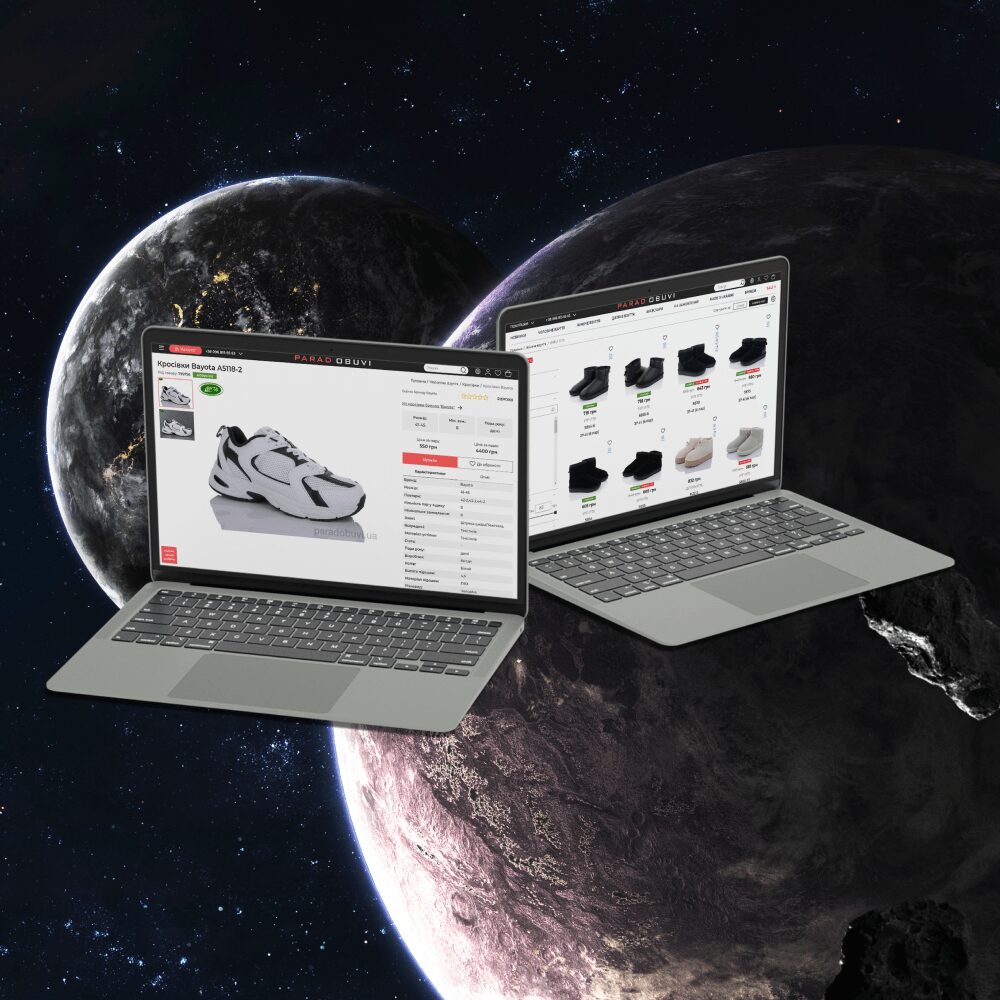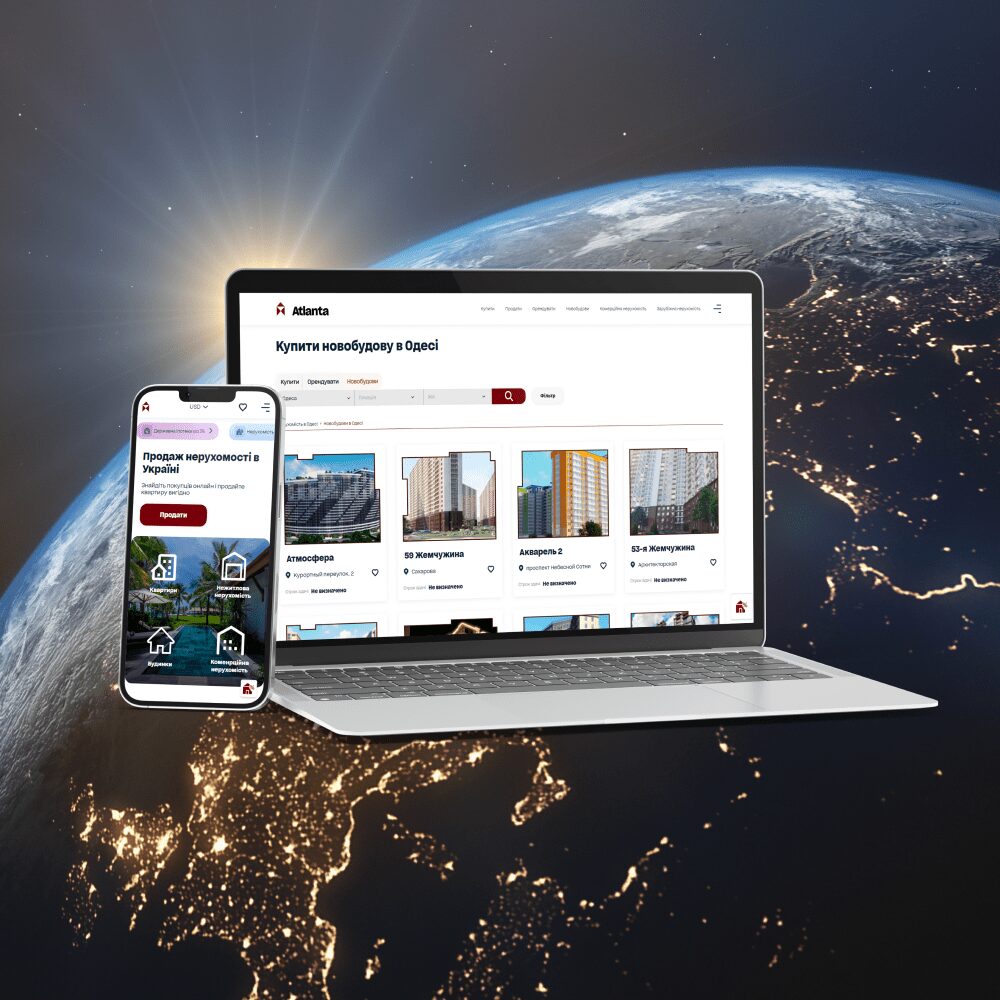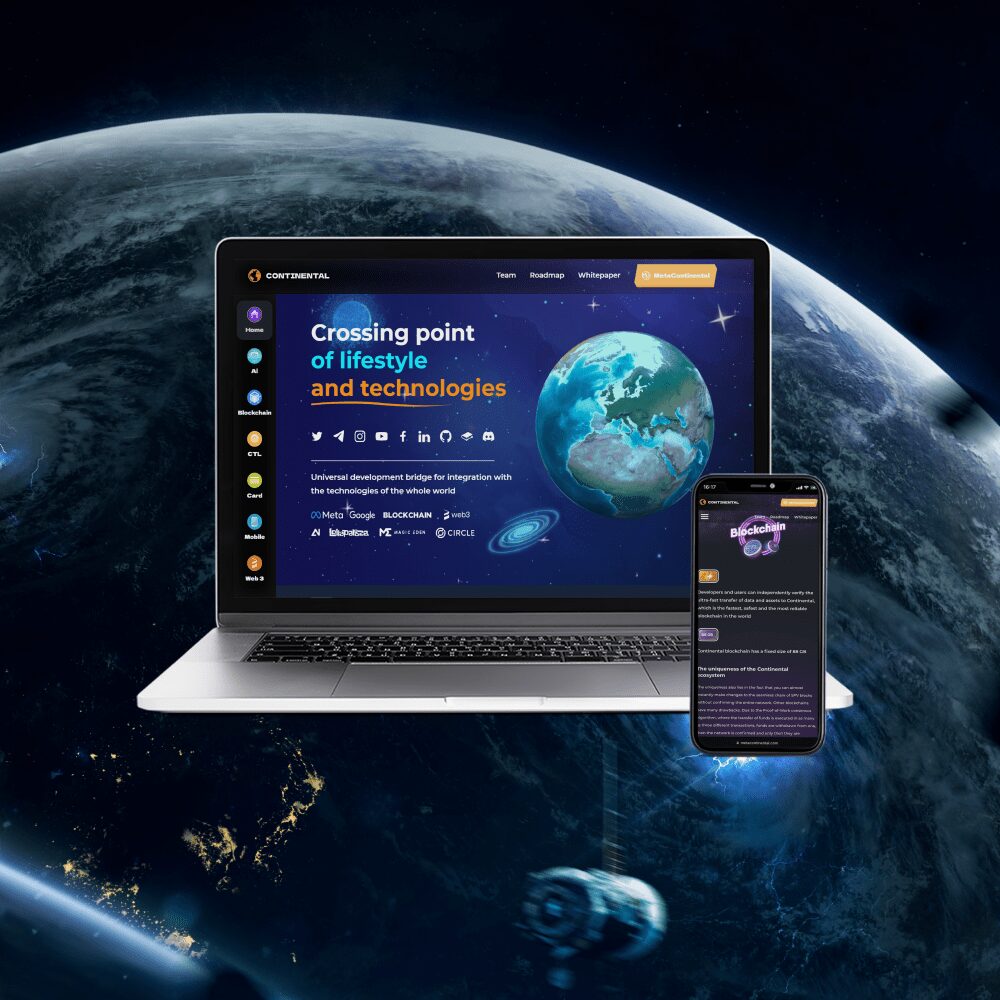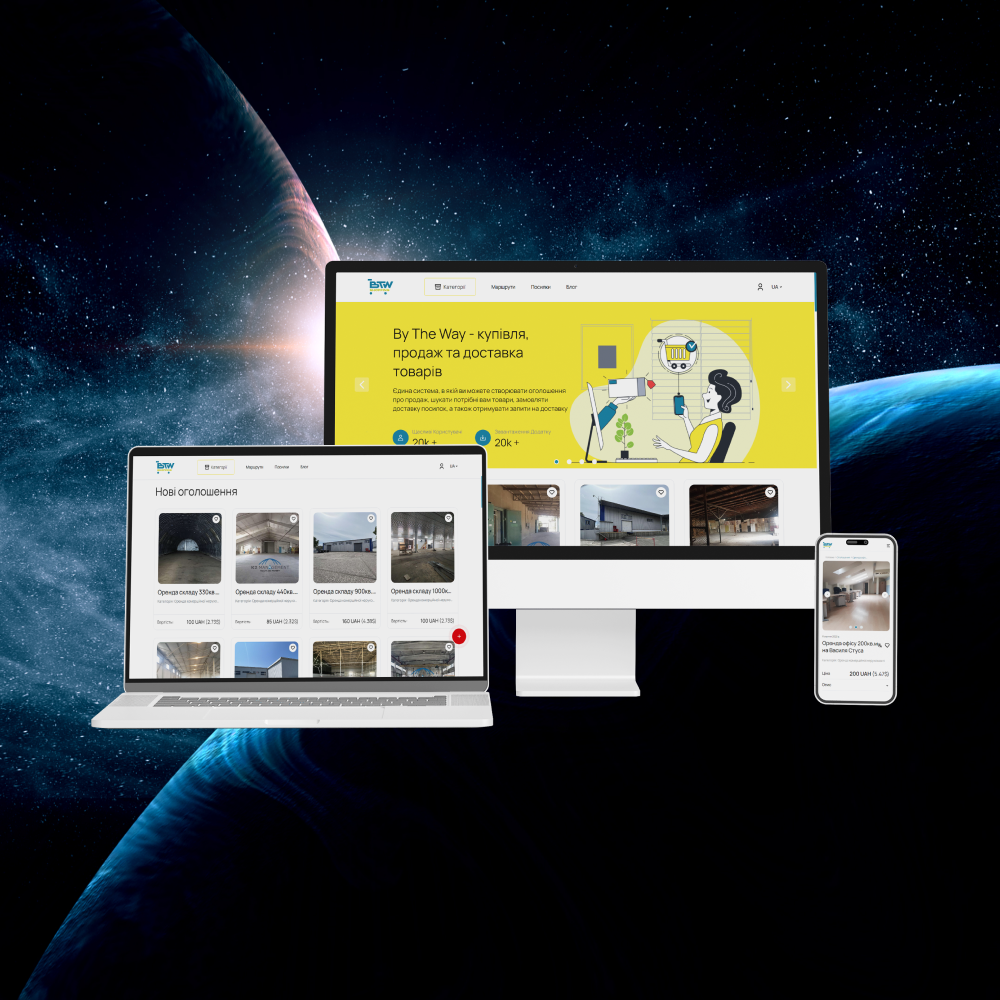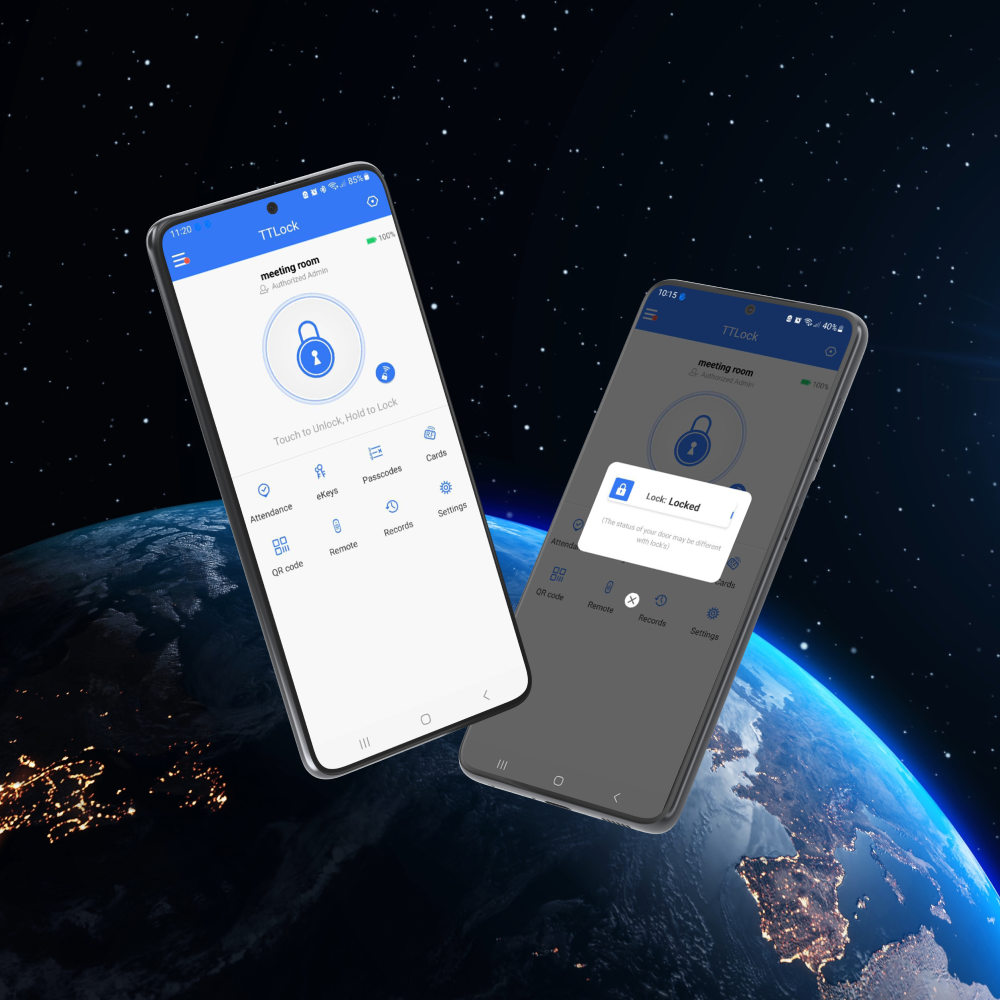Development of CRM systems for production
CRM development for manufacturing
Why is CRM needed in production?CRM development for manufacturing Why is CRM needed in production?
Manufacturing companies have a complex structure. They need not only to create a product, but also to establish interaction with wholesale buyers and suppliers, build logistics, adjust production volumes in accordance with seasonal demand, and perform many other tasks. CRM for manufacturing helps to control and automate all these processes.
Such systems solve a number of important tasks:
- Maintaining a single database of all production participants and customers.
- Analysis and segmentation of the client base.
- Organization of communication and planning of mailing lists.
- Automated setting of tasks for employees and monitoring their implementation.
- Accelerating the processing of applications due to synchronization with the warehouse and mail services.
- Automation of routine processes.

The main functions of CRM for the manufacturer
FunctionalThe main functions of CRM for the manufacturer Functional
CRMs are developed for the individual needs of each manufacturing company, so their functionality can often be very different. The main models of such systems include:
- Sales automation. CRM provides a single interface that collects customer requests from different sources: website, mail, social networks and marketplaces. New orders will automatically be sent to a free manager, with all the necessary information about the client. This will help speed up processing and reduce the burden on staff.
- Sales management. With the help of CRM, you will be able to monitor stock balances in real time, see which products are in the greatest demand and for which categories of customers. This information can be used, among other things, to plan your production.
- Customer relationship management. CRM stores complete information about each client and the history of interaction with him – correspondence, previous orders, workflow, and more. This will help you get to know your consumer better and build a more trusting and convenient communication with them.
- Order tracking. Each order goes through certain statuses, which allows you to instantly assess at what stage of execution it is.
- Marketing improvement. CRM tools help track traffic sources, the effectiveness of sales managers, the demand for individual commodity items, and other parameters. Using this data, you can improve the effectiveness of marketing campaigns.
What technologies are used to develop CRM
TechnologiesWhat technologies are used to develop CRM Technologies
The choice of technologies affects the performance of CRM, the speed of its development, the ability to integrate with external services, and many other factors, therefore, in order to determine the optimal stack, our specialists perform certain preparatory work:
- analyze customer requirements;
- study the customer’s experience in using similar services;
- get acquainted with the IT infrastructure of the company;
- form the concept of the project.
In addition, it is important to understand on which devices the staff will use CRM. For example, the desktop version is ideal for working in the office, the mobile application is convenient to use during business trips, and the web application can work on any device.
Given these features, the final stele might look like this:
- Mobile applications. Native development on IOS: in Swift, and on Android – Java / Kotlin. Cross-platform development – Flutter/Dart.
- Desktop applications. Python language and its Django/Flask frameworks, PHP language and Yii2/Laravel frameworks.
- Web applications. HTML/CSS/JavaScript or Vue.js/React.js for the frontend part, Node.js/Python/PHP and Django/Flask and Yii2/Laravel frameworks for the backend respectively.
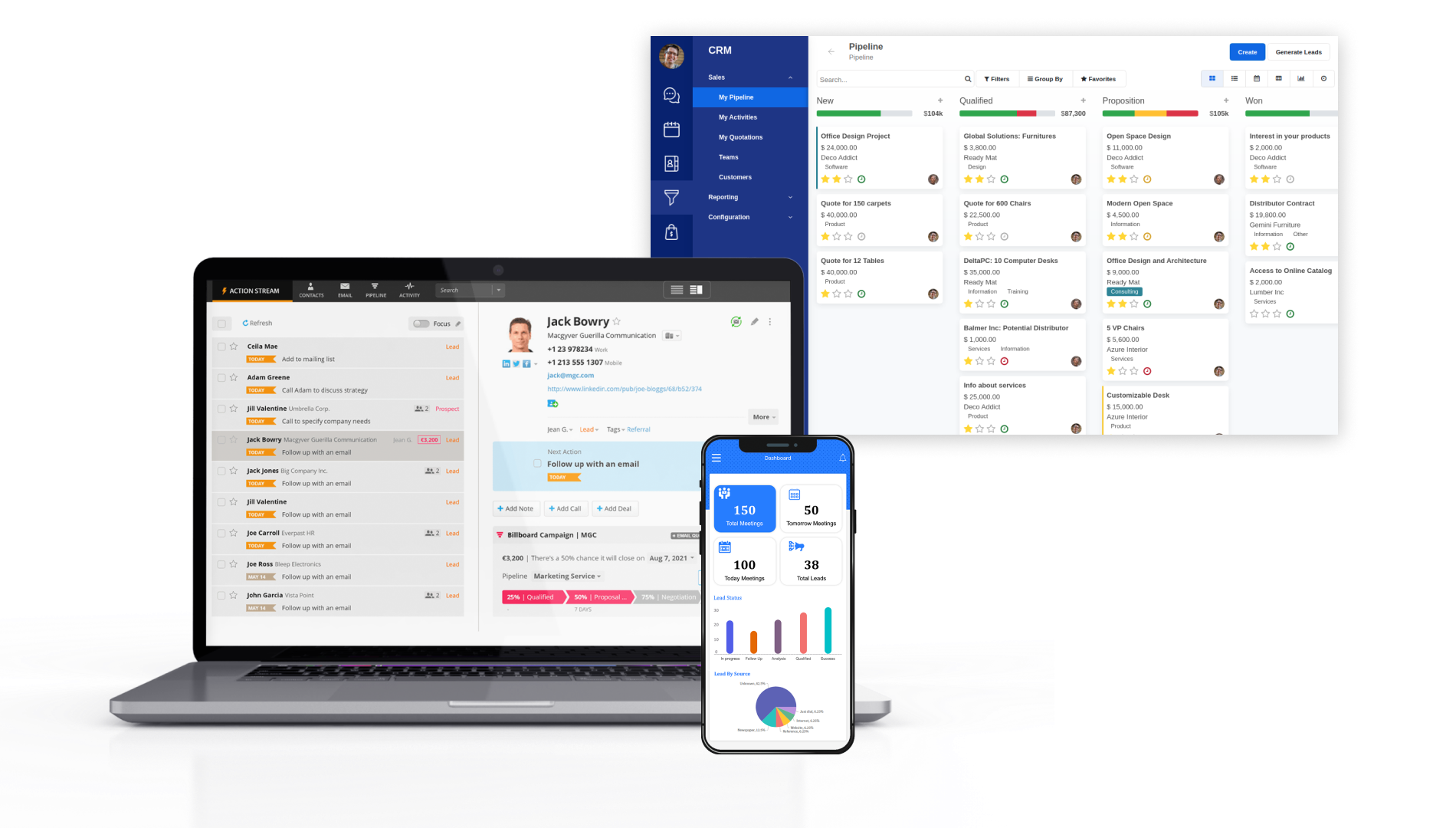
How is the development process
Development stagesHow is the development process Development stages
There are several methodologies by which CRM development can be carried out.
We prefer to use SCRUM. Its meaning lies in the fact that the product is implemented in short sprints – up to two weeks, and with each new iteration it gets better and better. This approach allows you to build good communication with the client and introduce new ideas at any stage of production.
In addition to methodologies, there are also 6 main development stages that form the CRM life cycle. Let’s consider each of them in more detail.
Stage 1. Gathering information
For the final product to be truly useful and effective, its development begins with research. At this stage, specialists need to carefully study:
- business processes of your company;
- marketing cycles;
- sales funnels;
- experience of interaction with suppliers;
- third-party services that you already use in your work.
All these questions are negotiated with the client at online or offline meetings.
Stage 2. Design, documentation and technology selection
At the next step, a concept is formed and a CRM prototype is created, which includes:
- mockups of individual pages;
- navigation system;
- description of all functions and features;
- development plan;
- stack of technologies to be used.
After that, it is important for specialists to synchronize their vision of the project with the views of the client. To do this, we hold a presentation of the prototype and, if new ideas arise, we make adjustments to it.
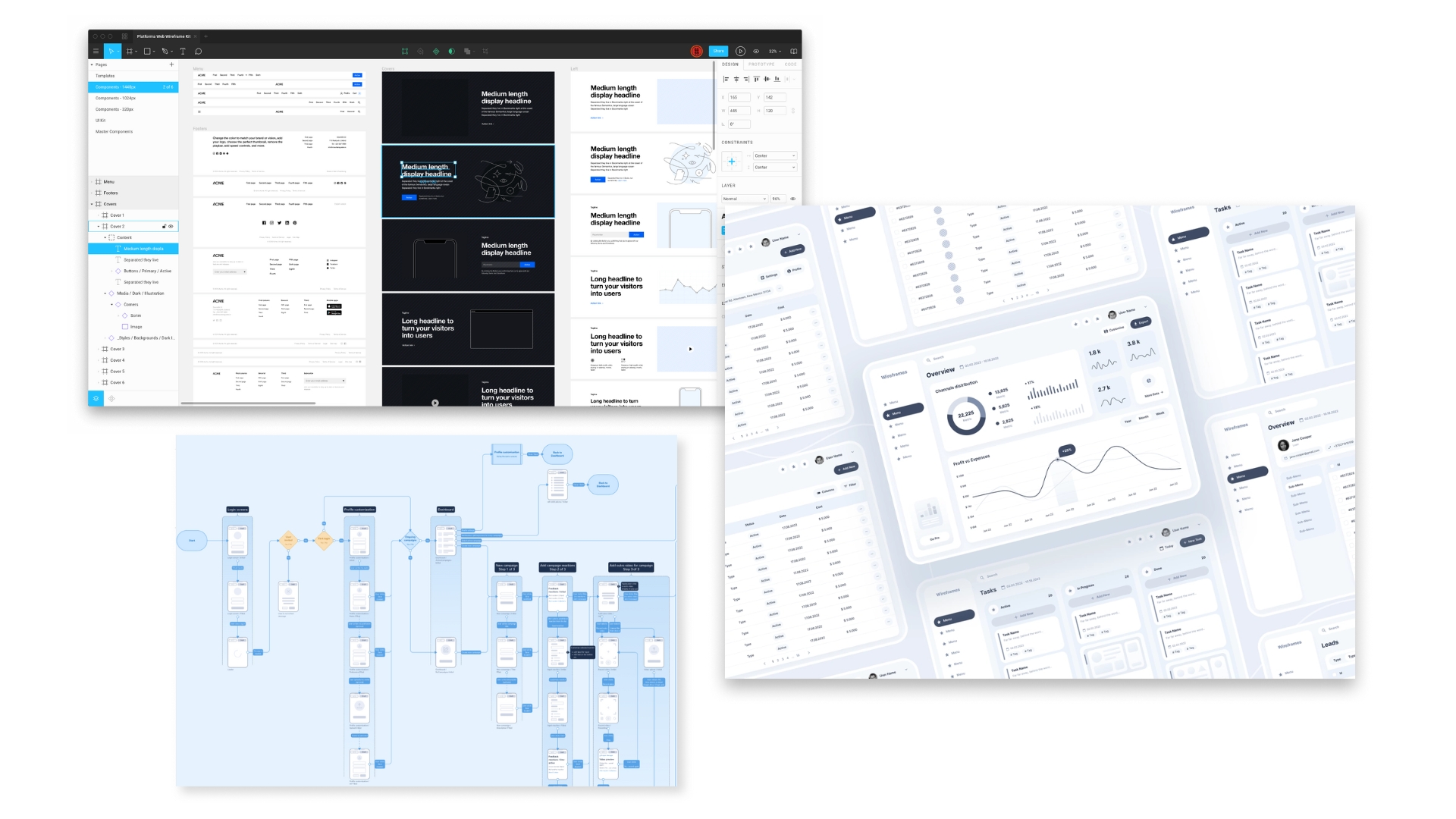
Stage 3. Design development
A CRM for manufacturers is multi-tasking and can store data from thousands of customers and suppliers, as well as a history of interactions with each of them. At the same time, it is important that the system interface remains simple and convenient for end users. This will help staff learn new software faster and increase their efficiency.
Design development is carried out individually, taking into account the functionality and features of CRM operation in your company.
Stage 4. Programming
Technical development is the most time-consuming stage of production. In addition, before all project modules work as a single mechanism, it can be difficult for the client to evaluate the work done.
To ensure effective communication in such conditions, team leaders participate in the sprints. They explain to the customer the features of each implemented function, answer questions and give advice, if necessary.
The programming phase consists of two main parts:
- Frontend. Development of the client side of CRM, providing interaction between the user and the server.
- Backend. Implementation of the server part of the project, which is responsible for data processing and functionality. At this stage, the code architecture is built, databases are created and integrations with external services are performed: warehouse accounting systems, postal services, instant messengers, mail, and others.
Stage 5. Testing
During the development of CRM, QA engineers participate in all sprints – quality assurance specialists. They test the developed features of the project and check how their actual behavior corresponds to the expected one.
After the technical development is completed, QA engineers also perform acceptance testing, which determines whether the product is ready for release.
Stage 6. Technical support and development
Despite the work of QA engineers, after deploying CRM and starting to use it, users may encounter unexpected errors that were not previously detected.
This happens because it is simply impossible to test absolutely all scenarios for using the project.
In case of such problems, you can contact us within the framework of technical support. Experts will study the error, establish its cause and quickly eliminate it.
It should also be added that CRM contributes to business growth. Therefore, as the company develops, you may need to develop the system and improve its functionality. In this case, our developers study new requirements, design a solution and create the necessary modules. Further, the update is tested on a test server and implemented into your CRM as a separate patch.
Development of CRM for manufacturing companies in AVADA MEDIA
Development of CRM for manufacturing companies in AVADA MEDIA
CRM-system helps manufacturers to optimize most of the internal processes. With its help, your employees will spend less time on routine tasks, and will be able to focus on more important things, such as finding new sales channels.
AVADA MEDIA has extensive experience in developing CRM systems for various business areas, including manufacturing companies. In our work we use only modern technologies, thanks to which we can realize ideas of any complexity.
Fresh works
We create space projectsFresh works
The best confirmation of our qualifications and professionalism are the stories of the success of our clients and the differences in their business before and after working with us.
Our clients
What they say about usOur clients What they say about us
Successful projects are created only by the team
Our teamSuccessful projects
are created only by the team Our team


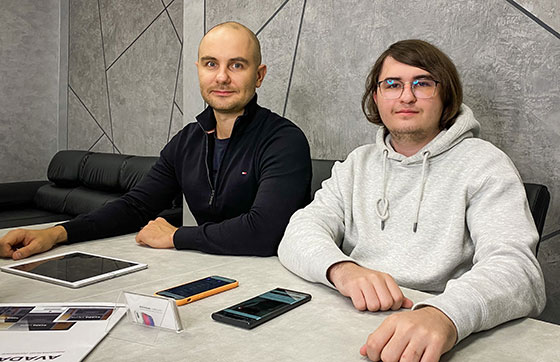

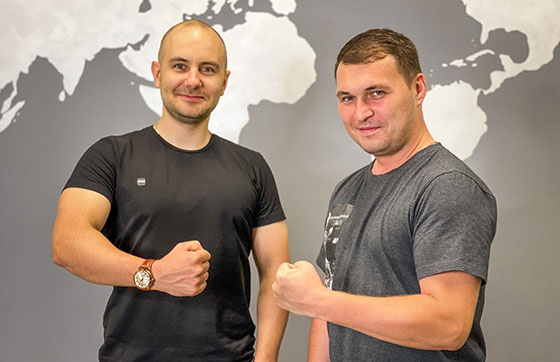







Contact the experts
Have a question?Contact the experts Have a question?
-
Phone:+ 38 (097) 036 29 32
-
E-mail:info@avada-media.com.ua

